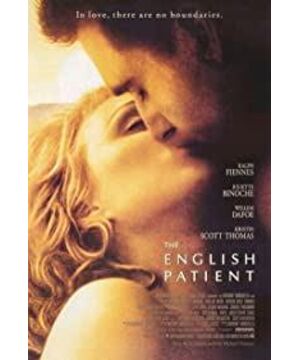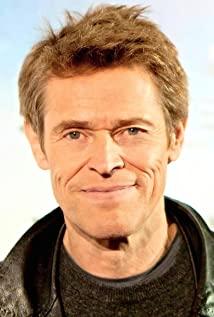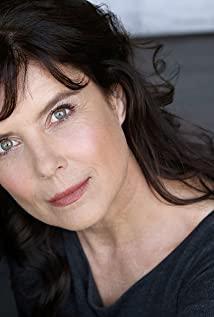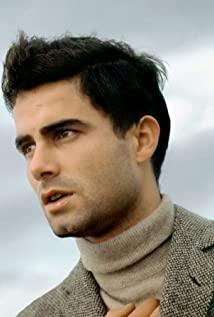Quote: The film is straightforward, the first hour slowly enters the background of World War II, and the last forty minutes are wonderful in terms of lines, camera language, and philosophical implication. Putting aside the question of whether the so-called three views are correct, I think this film is very exciting. Great, please be sure to check it out.
The murmur of the cave from the key is heartbreaking, I can't even imagine what she went through, the last days are dark, except for the endless longing is the redemption of death. The language of this suicide note is so beautiful that it can even be used as material for an English translation class.
My darling, I'm waiting for you. How long is a day in the dark, or a week? The fire is gone now and I'm cold, horribly cold .
I really ought to drag myself outside, but then there'd be the sun. I'm afraid I'll waste the light on the paintings and on writing these words. We die. We die, We die rich with lovers and tribes. Tastes we have swallowed. (I personally think this sentence can be translated as, constantly recalling and chewing the love and pain we once swallowed raw) Bodies we have entered and swum up like rivers. Fears we have hidden in, like this wretched cave. I want all this marked on my body.
We're the real countries, not the boundaries drawn on maps, the names of powerful men. I learned, who constructed the boundary?)
I know you will come and carry me out into the palace of winds. That's all I have wanted to walk in such a palace with you, with friends, an earth without maps. The lamps gone out and I'm writing in the darkness.
In Peter Berger's words, morality is also an "objective reality" constructed by human society. When this objective reality gradually becomes independent, people seem to forget that this reality is constructed by human activities.
I don't know what morality is, but I think key and Almasy are truly in love. The wonderful thing about this movie is that it is different from "Land Dreams of the Covered Bridge". The husband in the covered bridge does not understand the customs and the so-called husband and wife have no common words to speak of. However, the doting and love of key's husband for her is beyond words. ashamed. Therefore, the moral tear of the show is more three-dimensional.
About that thimble--the gadget for sustenance of love, still tear-jerking. -You're wering the thimble -Of course, you idiot, (of course, fool) -I always wear it , I've always worn it -I've always love you... (I always love you)
True love is great and immortal. In the destruction of the flesh, I hope that Key will get eternal happiness and redemption in the kingdom of heaven. I hope that after Almasy's consciousness gradually blurs, he can also reconcile with his own experience and meet Key in the kingdom of heaven. Never separate, no more wars and morality and power can separate them.
View more about The English Patient reviews











